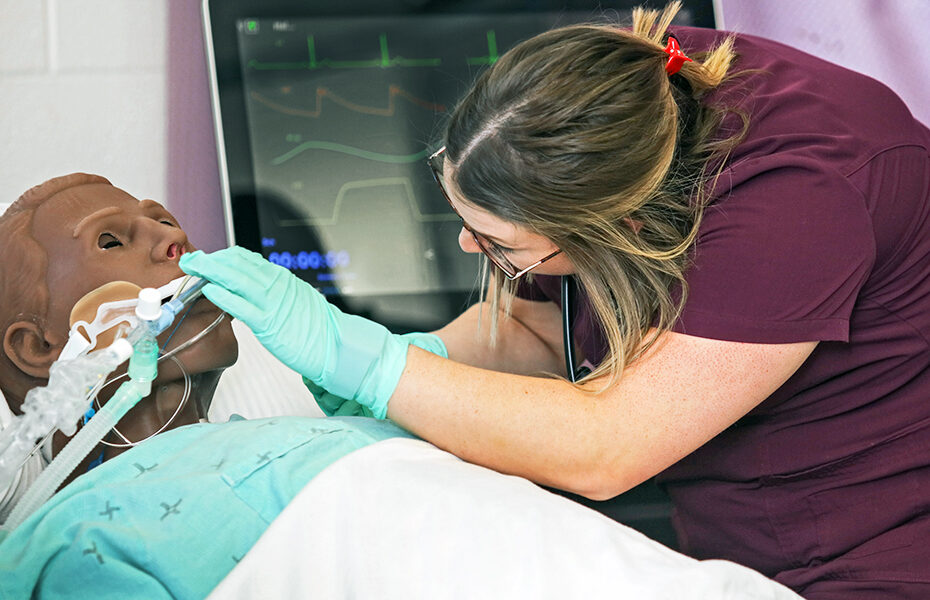Critical care nursing goes far beyond routine patient management; it’s a specialized field where the nurses play a pivotal role not only in patient care but in the very survival of those under their watch. This article explores the indispensable contributions of critical care nurses to healthcare, particularly in life-threatening situations.
A Closer Look at the Role of Critical Care Nurses
Critical care nurses are the backbone of the intensive care unit (ICU), equipped with specialized skills to handle the complexities of critically ill patients. Here’s what makes their role so crucial:
- Expert Patient Monitoring
These nurses are trained to interpret and respond to vital signs and subtle changes in patient conditions, making timely interventions possible.
- Advanced Medical Interventions
From administering life-saving medications to managing advanced life support systems, critical care nurses execute complex medical procedures that are often beyond the scope of general nursing practices.
- Advocacy and Ethical Guardianship
In critical care settings, nurses often advocate for patients’ best interests, navigating ethical issues surrounding end-of-life care and intervening when necessary to ensure patient dignity.
- Emotional Support and Communication
They provide essential emotional support to patients and their families, helping them understand complex medical information and making tough decisions easier.
- Education and Prevention
Critical care nurses play a key role in educating patients and families about disease processes and prevention strategies, which is vital for long-term health management.
Challenges Facing Critical Care Nurses
While their role is indispensable, critical care nurses face numerous challenges that can impact their performance and well-being.
- Emotional and Physical Burnout
The high-stress environment of the ICU, combined with long working hours and emotional burdens, can lead to significant burnout.
- Technological and Clinical Complexity
Keeping pace with rapid advancements in medical technology and procedures requires ongoing education and adaptability, which can be both challenging and time-consuming.
- High-Stakes Environment
The pressure of working in an environment where patient lives are directly in their hands can be overwhelming and requires a robust support system to manage effectively.
- Interdisciplinary Coordination
Collaborating with an extensive team of healthcare professionals demands excellent communication and coordination skills, which are critical in managing complex cases effectively.
Empowering Critical Care Nurses
To maintain their efficiency and morale, critical care nurses need robust support systems. This includes access to continuous professional development, mental health resources, and recognition of their critical role in patient care outcomes. Enhancing their work environment and providing them with the tools they need to succeed are essential steps in preserving their health and ensuring they can perform at their best.
Conclusion: Essential Heroes of Healthcare
The role of critical care nurses is absolutely vital in the healthcare system. They are not just caregivers but lifelines who perform under the toughest of circumstances with resilience and dedication. Recognizing and supporting their indispensable role will ensure that they continue to save lives and improve patient care in critical settings. Their commitment and specialized skills not only make a difference at the bedside but also in shaping the overall outcomes of healthcare services.
